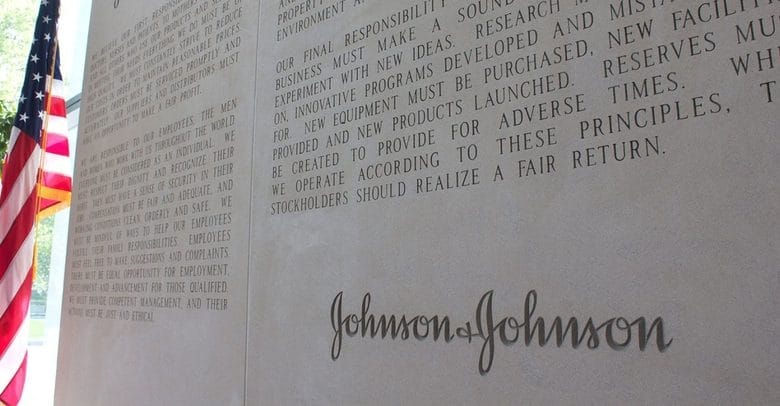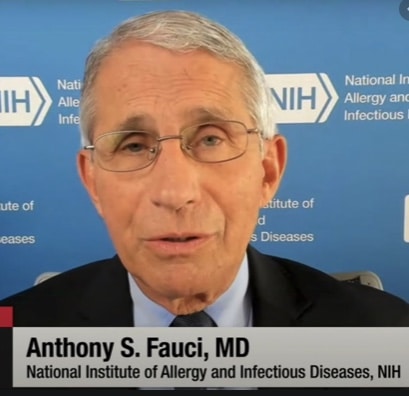
The Trump administration has announced a new investment of one billion dollars in the vaccine project  against the Covid-19 developed by the pharmaceutical company Johnson & Johnson, which raises the total investment to nine billion dollars.
against the Covid-19 developed by the pharmaceutical company Johnson & Johnson, which raises the total investment to nine billion dollars.
In the usual press conference at the White House, Trump said that the vaccine will arrive before the end of the year and on the circulation of Covid-19 he said: "It's going away, it's going away as things go, absolutely, I have no no doubt he's going away."
Meanwhile, Facebook has confirmed that it has removed a video from the profile of US President Donald Trump, accused of violating "the rules against disinformation and fake news" regarding the Covid-19 pandemic. The video concerns an interview with Fox News, in which Trump stated that "children are almost immune" to the coronavirus. So did Twitter, which temporarily blocked the president's account.
- Young people are driving the latest wave of cases. They're making a big mistake by thinking it doesn't matter if they get infected, even though most of them won't get very sick. But allowing themselves to be infected means they are spreading the pandemic.
- The anti-science trend mixes with an anti-authority trend and scientists are often equated with authority. Young people may have become disillusioned with the government, which sadly adds to the anti-science sentiment.
- A vaccine will most likely be available by the end of 2020 and the process of developing a vaccine is moving much faster than in the past due to new technologies.
- An NIH study of 2,000 households is underway to look at the incidence of infection among children and the rate of transmission from children to adults, because it is not clearly understood now.
- "This will end when we get back to normal."
This transcript has been edited for clarity by John Whyte, MD, MPH.
I am the Dr. Whyte, WebMD's chief medical officer. Today I have a very special guest, a man who needs no introduction: Dr. Anthony Fauci, the world's leading authority on infectious diseases and director of the National Institute of Allergy and Infectious Diseases for more than 35 years.
 Doctor Fauci, thank you for joining us.
Doctor Fauci, thank you for joining us.
Anthony S. Fauci, MD: It's good to be with you. Thanks for inviting me
Whyte: A couple of weeks ago you said we could see 100,000 cases a day. Do you think, given the growth of 60,000, 70,000 and more cases per day, we're headed in that direction?
Jaws: Unfortunately we could be. I'm hoping, and I'd like to say I expect, that it won't if we handle this properly by really stepping on – you know, stepping on the gas – the kind of things we need to do with regards to masking, separation physics, distance from crowds, etc. I think we can change that. But when I said I was worried we might get to 100,000 a day, I didn't mean to inappropriately scare anyone. But if you take a look at what actually happened, we went from 20,000 to 30,000 in that time. Then we doubled it. We went to 40,000, and then 50,000, 60,000. And now we are at 70,000. I don't like to be prophetic, but I hope you don't reach it and actually change it over time.
Related news: Coronavirus, the vaccine war. Fauci: «Russians and Chinese really do the tests»





